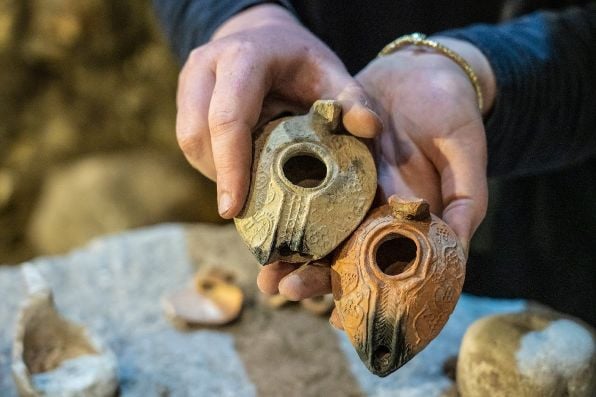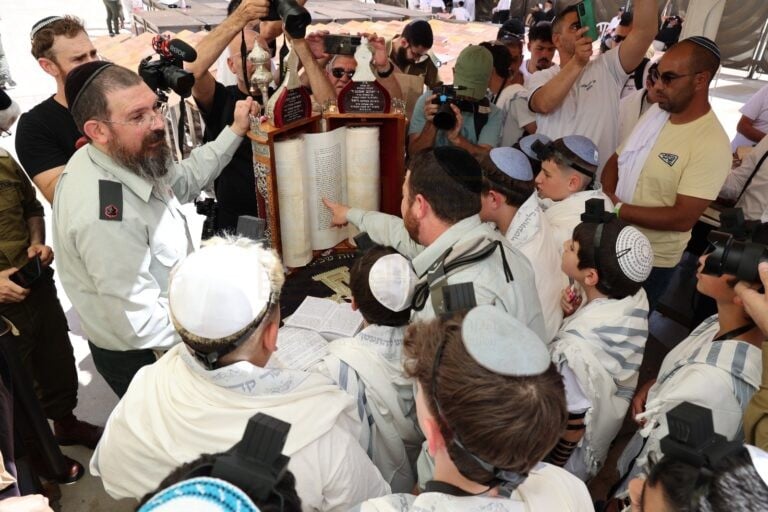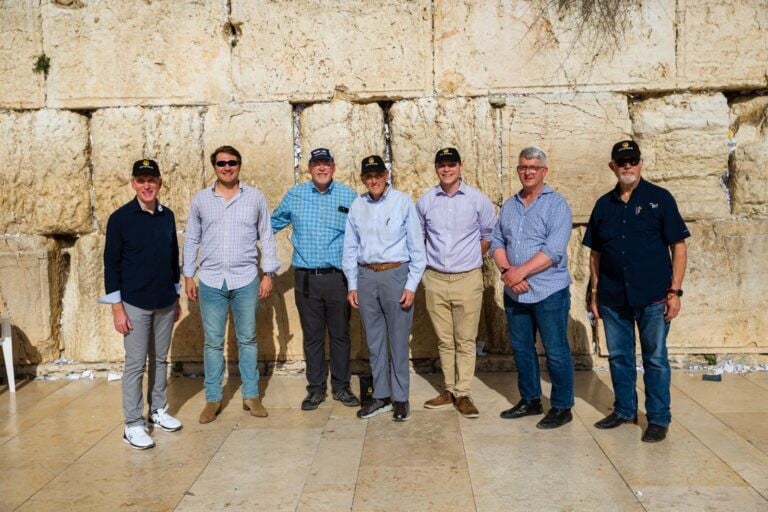From following various clues interspersed in the Abraham stories, and with the assistance of ancient traditions in the literature of our sages, we know a bit about Abraham?s life in his first 75 years. Abraham was born to a family of idol worshippers and from a young age, he searched for the true faith. Decades passed before Abraham discovered monotheism. This led to a full-fledged conflict between him and the idolatrous society of Ur Kasdim where Abraham and his family resided.
An interesting description of this conflict appears in the midrash:
Terah took Abraham and passed him off to [King] Nimrod. They said [to the king]: let us worship the fire. Abraham said to them: [rather] let us worship water, for it extinguishes fire. Nimrod agreed: let us worship water. Abraham continued: if so, let us worship the clouds, which provide water. Nimrod agreed: let us worship the clouds. Abraham continued: if so, let us worship the winds that scatter the clouds. Nimrod agreed: let us worship the winds. Abraham continued: if so, let us worship humans who are filled with wind [air]. Nimrod replied: You’re just speaking words – I only worship fire. I will throw you into it, and the God you worship can save you from it. Haran was hidden and was of two minds, saying [to himself]: if Abraham is victorious, I will say I am with Abraham, and if Nimrod is victorious, I will say I am with Nimrod. When Abraham was through into the fiery furnace and saved, they asked him [Haran]: who are you with? He replied: I am with Abraham. They took him and threw him into the fire, and his insides burned up and he died before his father Terah, as it says: “And Haran died in the [lit.] on the face of his father Terah” (Gen. 11:28)
What so angered Nimrod, representing the entire idolatrous society in this story? What did Abraham discover that pulled the rug out from under the prevalent world view?
The idolatrous society spoke in the language of power. It is no coincidence that destructive and violent fire is the first and last choice of the idol worshipper. As opposed to this, Abraham shows Nimrod one simple fact: Every power has a weak point. Water extinguishes fire. Clouds provide water. Wind scatters the clouds, and so forth. There is no power in nature that is absolute.
Abraham does not deal with the question of ?who is more powerful? but with questions of justice and morality. He looks at the idol-worshipping view and sees the chaos it leads to. If the world were managed by different competing powers, based on basic laws of nature, the more powerful would beat the weaker. But in monotheism, the world is not a boxing ring with different powers fighting one another. It is more like the integration of various powers with one guiding hand behind the scenes making sure of the precise and perfect harmony among all of nature?s powers. The basic law of nature is not ?the strongest wins? but rather ? opposing forces intertwine until they form the perfect creation.
This is Abraham?s faith that so angered the idol worshippers. As far as they were concerned, Abraham was treating natural forces apathetically. As far as he was concerned, he wasn?t in a boxing ring, but was listening to a perfect symphony being performed by opposing voices interwoven by an artist.









